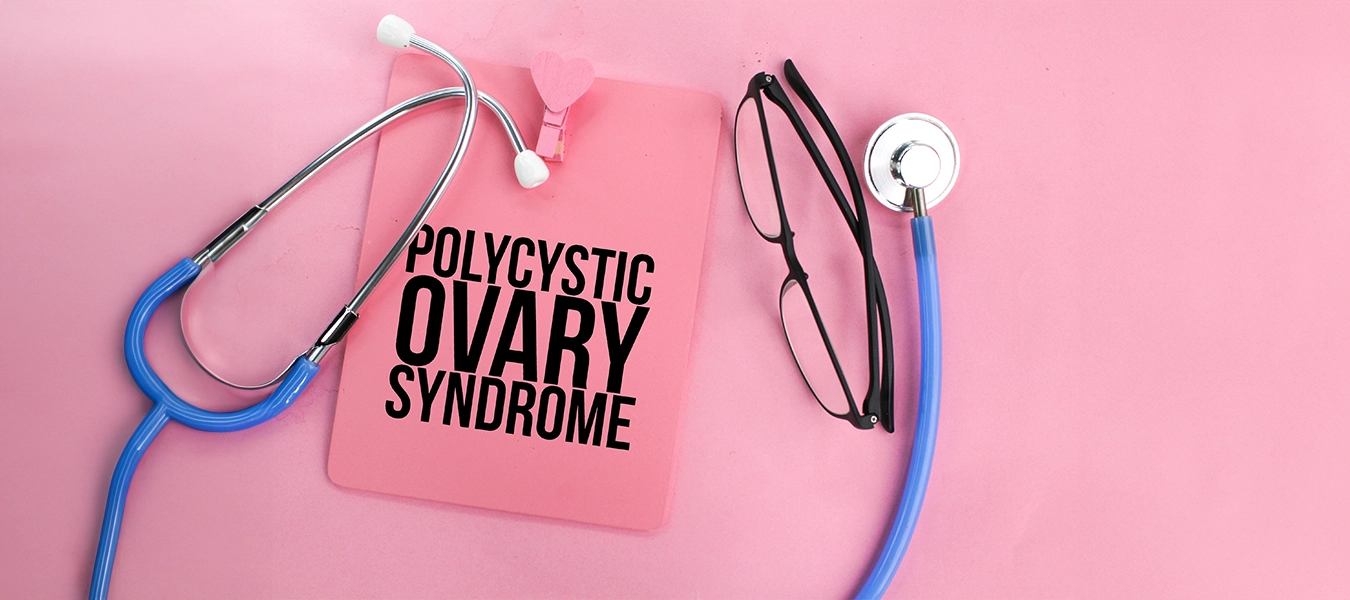Polycystic Ovary Syndrome (PCOS) is one of the most common hormonal disorders affecting women of reproductive age. Symptoms can include elevated male hormone levels (androgens), excess hair growth, acne, and weight gain or difficulty losing weight. Let’s clear up some common misconceptions about PCOS!
MYTH 1: All Women with PCOS Have Ovarian Cysts
While the name “polycystic” may lead to this belief, it’s not entirely accurate. Many women with PCOS have tiny follicles in their ovaries that can resemble a “strand of pearls” on an ultrasound. However, these follicles are not harmful cysts, do not cause pain, and are not cancerous. Importantly, not all women with PCOS have these follicles.
MYTH 2: Women with PCOS Can’t Have Children
PCOS is a common cause of fertility challenges, but it does not mean pregnancy is impossible. Many women with PCOS can conceive naturally or with the help of fertility treatments. Lifestyle changes, such as a healthier diet and regular exercise, can also improve fertility outcomes.
MYTH 3: An Irregular Menstrual Cycle Means You Have PCOS
PCOS can cause irregular menstrual cycles, but it’s not the only reason. Menstrual cycles typically range from 21 to 35 days, and factors like stress, thyroid issues, fibroids, other endocrine conditions, or extreme dieting can also cause irregularity. If your cycle is irregular, consult a doctor for further evaluation and diagnosis.
MYTH 4: Women with PCOS Can’t Lose Weight
Weight loss can be more challenging for women with PCOS due to insulin resistance, which reduces the body’s ability to regulate blood sugar levels. Insulin resistance is also a risk factor for type 2 diabetes. However, weight loss is achievable with a balanced lifestyle, including a healthy diet and regular exercise. Consulting an endocrinologist and a registered dietician can provide personalized strategies for weight management.
MYTH 5: All Women with PCOS Experience Unwanted Hair Growth
Hirsutism, or excessive “male-pattern” hair growth, can occur on the face, chest, abdomen, back, or thighs. While it’s a common symptom of PCOS, not all women experience it. Genetics, ethnicity, and other factors can also play a role in excess hair growth.
By understanding these facts, women can better manage PCOS and seek appropriate care. If you suspect PCOS or experience any related symptoms, consult a healthcare provider for proper diagnosis and treatment.
Reference:
Fact or fiction: PCOS myths debunked, available at: https://www.endocrine.org/-/media/endocrine/files/patient-engagement/infographics/fact_or_fiction_pcos_myths_debunked-(1).pdf, last accessed on 17th December 2024.


